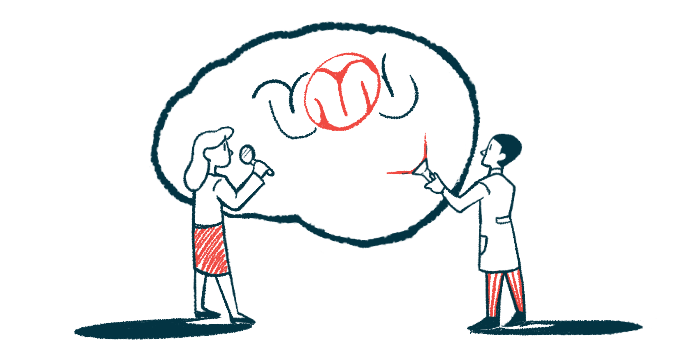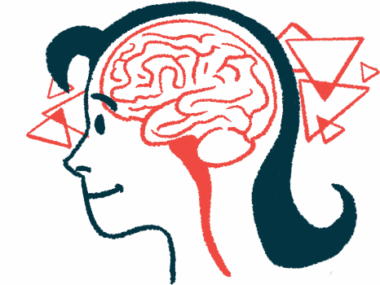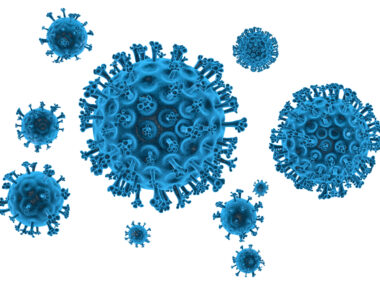2 nonprofits launch Neuroscience Community for global data sharing
Goal is better connecting researchers in Parkinson's, other brain disorders
Written by |

Two leading nonprofit institutes have launched the GA4GH & INCF Neuroscience Community to better connect researchers around the world studying Parkinson’s disease and other brain disorders, and to improve data sharing globally.
The goal of this new network, its creators say, is to tackle the complexity underlying disorders like Parkinson’s. Its aim is to improve patients’ quality of life by facilitating access to a vast array of data — from clinical responses to genetics — by researchers from every continent.
Launched by the Global Alliance for Genomics and Health (GA4GH) and the International Neuroinformatics Coordinating Facility (INCF), the new GA4GH & INCF Neuroscience Community is inviting all interested organizations to join the new community.
“Great work is happening all over the world to understand neurological conditions, including their genomic underpinnings. The GA4GH & INCF Neuroscience Community will ensure that all those experts are sharing best practices, developing interoperable standards, and building connections across data,” Angela Page, director of strategy and engagement at GA4GH, said in a press release.
“People with neurological conditions have advocated for and deserve a global data network that will lead to better healthcare and improved quality of life,” Page added.
Data sharing imperative to ‘get real predictive power in a study’
Disorders of the nervous system are complex, and progress has been rather slow to date in translating research findings into the clinic as personalized treatments for patients with neurological diseases.
This is due not only to the complexity of the diseases, but also to the need to analyze and integrate many different datasets, the organizations say.
Randy McIntosh, PhD, a neuroscientist and deputy chair of the INCF governing board, will be a co-lead of the GA4GH & INCF Neuroscience Community.
“To fully understand just one neurological patient or research participant, you need brain images, genomic sequences, gene expression data, socio-cultural factors, test results showing how they metabolise drugs, their overall health history and their family’s, and biomarker data like health and weight. Then add a detailed work-up of their phenotype, or the traits, behaviours, and symptoms they show,” said McIntosh, also a professor at Simon Fraser University, in Canada.
“Now,” he said, “multiply that amount of data by thousands of people, which you need to get real predictive power in a study.”
Data sharing among researchers globally is paramount for advancing scientists’ understanding of the mechanisms underlying Parkinson’s and other neurological disorders. Yet, sharing of these data must obey strict privacy laws, ensuring the protection of patients’ wishes and legal rights.
A new solution to make this more feasible relies on so-called data visiting, a strategy that moves away from allowing data to be downloaded to researchers’ computers. Instead, data are stored in one unique location and researchers visit the data where it lives.
Data visiting is conducted virtually, with computer tools that access the data’s home base and run their tests. The results are transferred to scientists across the world with proper access permissions.
Conditions and diseases don’t respect borders. If we want the lives of people with neurological conditions to improve, we can’t just look at data from one hospital or even one country. We have to study diverse data from around the world.
To visit the most amount of data possible, a federated network is created to allow access and analysis of data housed in many different locations, all at once.
“Conditions and diseases don’t respect borders,” said Peter Goodhand, GA4GH’s CEO.
“If we want the lives of people with neurological conditions to improve, we can’t just look at data from one hospital or even one country. We have to study diverse data from around the world,” Goodhand said.
Having data visiting that abides by federation and GA4GH’s standards will allow both clinicians and researchers to “vastly expand their pool of data — while data stewards rest easy knowing they are protecting rights and following regulations,” according to Goodhand.
Standards developed, set by members will ensure patient privacy
Researchers across the world joining the GA4GH & INCF Neuroscience Community will work together to develop the standards, collaborations, and systems needed to power data visiting across a global network.
“For nearly two decades, INCF has developed standards and best practices to make neuroscience data FAIR: findable, accessible, interoperable, and reusable,” said Mathew Abrams, PhD, director of science and training for INCF.
“Now we are eager to work with partners from genomics, like GA4GH, to ensure that our standards development efforts progress together and lead to the best possible science,” Abrams said.
The GA4GH & INCF Neuroscience Community will continue the work that some of its members have pioneered, setting a platform that allows data sharing — including that derived from genetic studies — among its members around the world.
“For more than 10 years, the Ontario Brain Institute has fostered an integrated approach for neuroscience discovery to improve brain health,” said Francis Jeanson, PhD, head of the Centre for Analytics at the Ontario Brain Institute, and also a co-lead of the GA4GH & INCF Neuroscience Community.
“By combining ideas and expertise from patients, researchers, and industry, we’ve created a powerful ecosystem of innovation using data, analytics, and AI. But we can’t do this alone. With the GA4GH & INCF Neuroscience Community, we have a genuinely international opportunity to combine efforts and reach breakthroughs faster,” Jeanson said.
The new Neuroscience Community is one of several Communities of Interest founded by GA4GH in recent years. All share the same aim of bringing together global experts in a virtual, unique network to tackle the most pressing questions in neuroscience.




